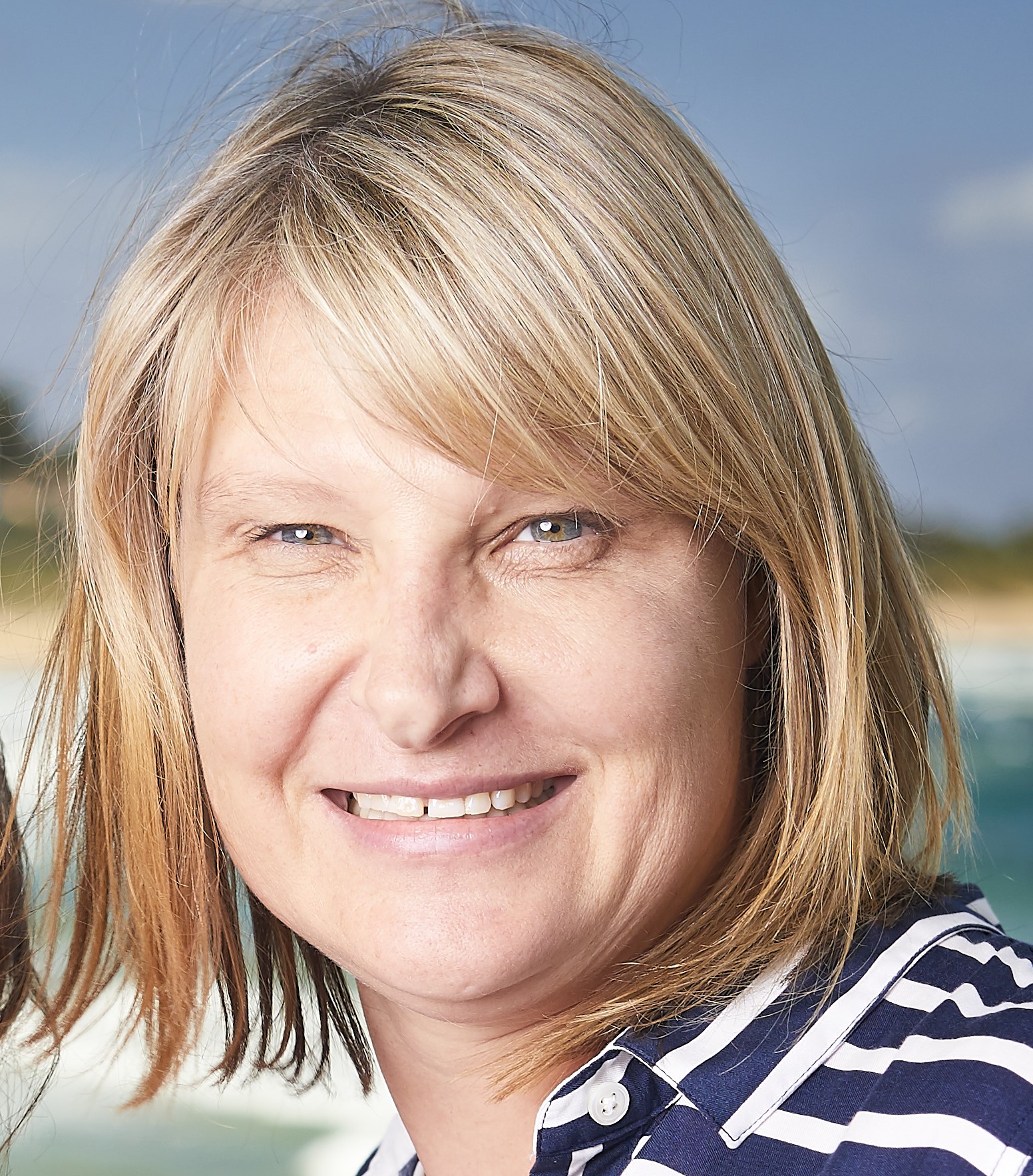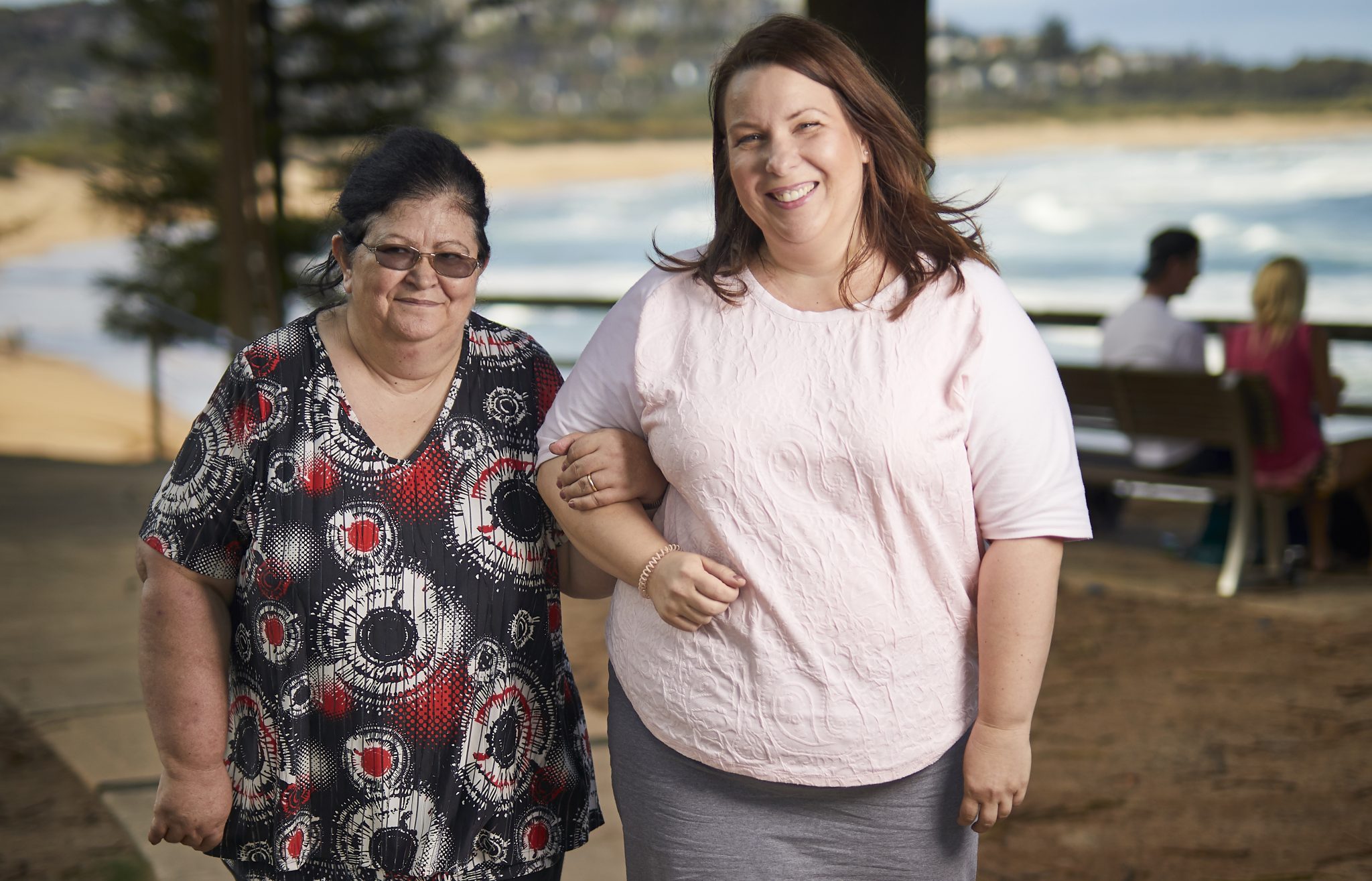Throughout Co-operatives Fortnight 2018, we’re sharing some of the brilliant stories from UK and international co-ops which show the #coopdifference in action: how, where and why co-operatives can make a difference to you and your communities.
Co-operative Life is Australia’s first worker-owned social care co-op – and it is making a vital difference to its sector by empowering employees.
There are over 2,000 aged care service providers in Australia, but Co-operative Life is very different, says managing director Robyn Kaczmarek.
She founded the venture in 2013, because she felt a different approach to aged care was needed. She had worked in the sector since 2007, after getting divorced and needing flexible work to look after her children. A naturopath by profession, she went on to obtain an aged care certificate and got a job with an agency. She found the experience “disheartening”, with support workers unable to choose their shifts. Once contracts ended, the support worker would no longer be able to provide services to clients who depended on them.
She did a diploma in coordination of community services and started to get private clients as a case manager. “I wasn’t happy with the agency model,” she says, “and discovered Sunderland Home Care Associates in the UK and Cooperative Home Care Associates in New York and decided to start the same here”.

Over the next 18 months Ms Kaczmarek and some colleagues worked on a business plan for the co-op. Setting up a co-op was difficult, she says, due to the lack of a co-operative apex body at the time. The Australian Business Council of Co-operatives and Mutuals (BCCM) can now provide support and guidance to groups wishing to learn more about the co-operative business model.
“There was a lack of experience here at the time. Since then BCCM have done a great job in promoting co-ops and educating people, it is much easier now,” she added.
The worker co-op now has 75 staff members, with an additional 30 members on probation. They must be employed for at least six months before becoming full members.
“We are really trying to push employee engagement, being involved in decision making, sharing information, financials, operation plans, financial models. Employees have not experienced that before so we have high retention rate,” says Ms Kaczmarek. “We are following a self-managed team model – all decision making is down to staff members closest to the customer. Generally they can run most of their shifts without involvement from upper levels.”
The co-op, which serves the Sydney Metro and New England areas of New South Wales, wants to extend across the whole country, with a model particularly suited to rural and remote communities.

The co-op is also a pilot case in the Platform Co-op Development Kit programme developed by BCCM. The project gives aspiring groups like care workers access to software templates and best legal practices to create their own sharing economies.
The initiative is the result of a partnership between global Platform Coop Consortia and BCCM, and is funded through a US$1m Google grant devoted to creating open-source platform technology for worker-owners.
“In areas like social care, platform co-ops deliver agency and empowerment for workers and high quality and consistent services,” said Melina Morrison, chief executive of BCCM. “But their potential use is much more varied and wide.”
What else is happening in Australia?
More than three million Australians have chosen a co-operative and mutual enterprise for their health insurance needs.
Earlier this year the South Australian government allocated AU$47m to set up a public service employee-led mutual, which will become the partner in the community delivering Early Childhood Early Intervention (ECEI) services for South Australia for the National Disability Insurance Agency.
Similarly, the Supporting Independent Living Co-operative (SILC), a co-op owned and run by people with disabilities and their families, provides special housing and support for young people with disabilities. SILC was formed in 2016 to establish and manage family-governed homes under the National Disability Insurance Agency Scheme (NDIS).
Another co-operative involved in healthcare, the National Health Co-op provides 36,000 members with access to a range of health services. With its ‘Enhanced Healthcare’ approach, the co-op focuses on keeping people out of hospitals via programs and services to pre-treat and manage health conditions.
A 2016 book – The Third Sector Solution – Delivering public policy in collaboration with not-for-profits and business – looks at the role of co-operative and mutual enterprises in delivering public services. The book includes contributions from Cliff Mills, consultant at Anthony Collins solicitors, and Melina Morrison.
They recommend shifting from a top-down to a community approach and involving service users and care professionals working together, co-operatively, to optimise health and wellbeing.
“This is the starting point for modern mutual innovation: envisaging wholly new relationships as a context for more enlightened services, supported by a modern business and organisational model,” they write.

